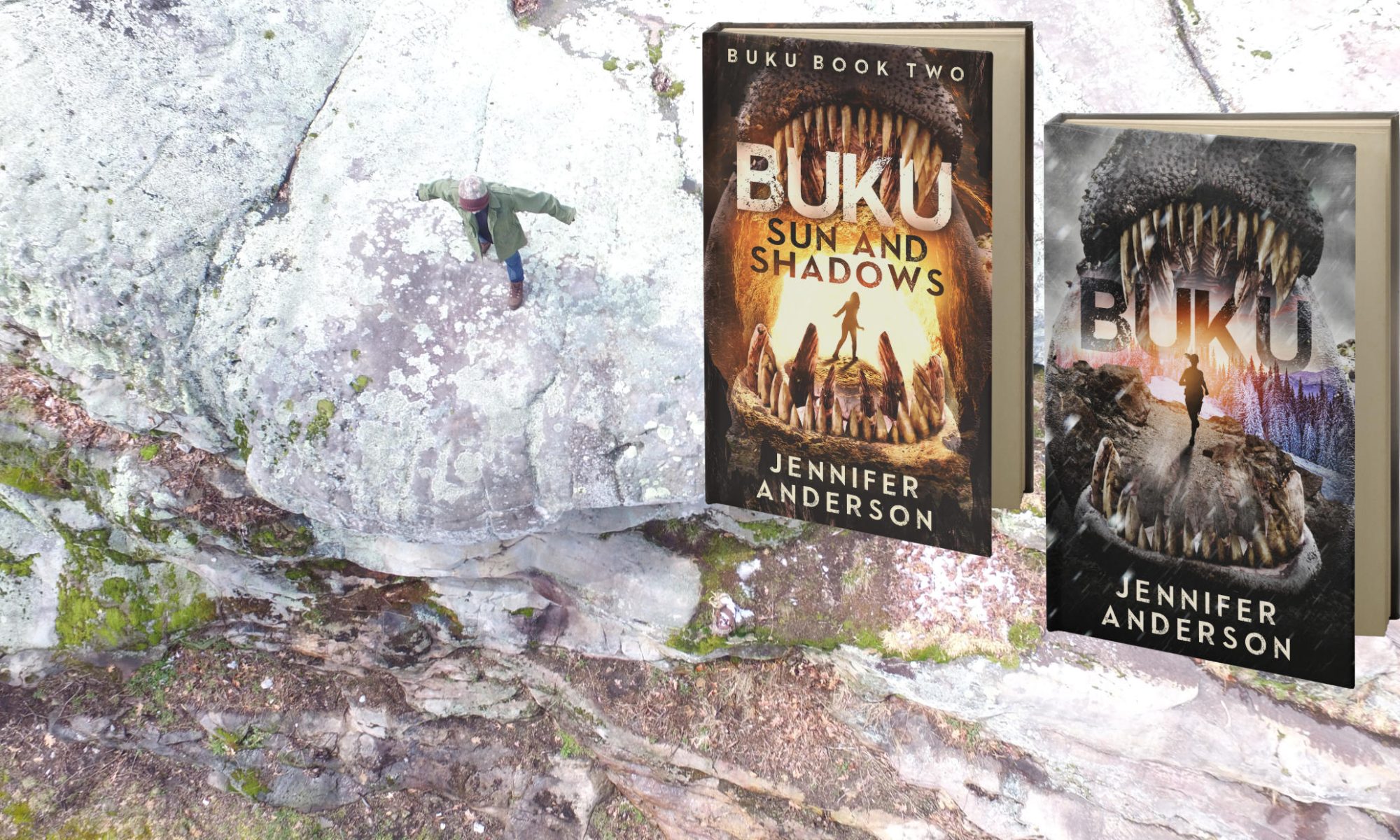When I was a kid, my family spent a lot of time at a lake called Pounds Hollow in the hills of Southern Illinois. We had picnics there. We swam there. We fished there. For a few years, my father held church services for the campers there. We would drive down on a Saturday night and hand out flyers, then drive back early Sunday morning for dad’s church service.
To this day, my best notion of church is sitting on a stump in a little clearing, tall trees overhead, pine needles underfoot, people sauntering up with lawn chairs. My father wasn’t a pastor. He was a shoe repairman. But during the summer for a couple of years, he held church in the wide open. He would share a message and we would sing familiar hymns with only the accompaniment of birds. Nothing compares to singing “Blessed Assurance” with the smell of bacon in the air.
Driving home from Pounds Hollow, there was this moment when we topped a hill and rounded a curve and in front of us was this stunning vista. We could see for miles — rolling hills, groves of trees, rich farmland. My mother and I always made a point to watch for that moment and take in the incredible view.
Until they started strip-mining it. One day, we topped the hill and rounded the curve and saw that they had laid waste to all that beauty. It was ugly. Vulgar. And the thing about strip mining is that they don’t fix it. They take what they can get and then walk away. It’s destroyed forever.
“… Giant shovels dug up the earth and left it for dead.”
I tell you that story, so I can tell you about a song that has always hit me in the gut. It’s called “Paradise” and it’s by John Prine. The song is actually set in Kentucky. But to me, John was singing about that once beautiful scene near Pounds Hollow, where giant shovels dug up the earth and left it for dead.
“Daddy won’t you take me back to Muhlenberg County,
Down by the Green River where Paradise lay.
Well, I’m sorry my son, but you’re too late in asking.
Mister Peabody’s coal train has hauled it away.”
Rest in peace, John Prine. Thanks for your words.
